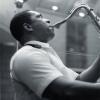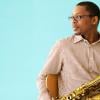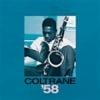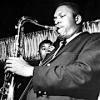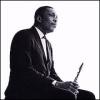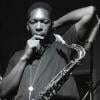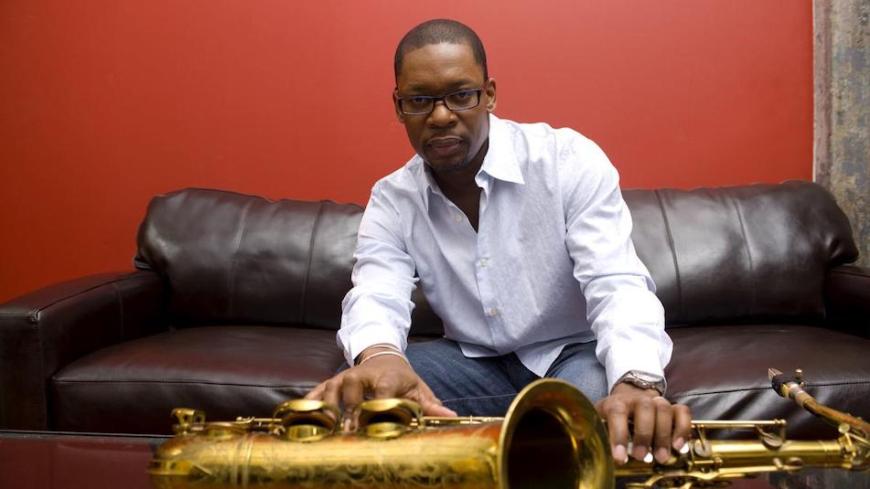
Alice McLeod started her career as a jazz pianist in Detroit and came into her own in late-1950s Paris, where she studied with bebop progenitor Bud Powell and played intermission sets at the Blue Note Jazz Club. She stepped into jazz history in 1965 after marrying saxophonist John Coltrane (1927–1967), joining his spiritually charged ensemble during the last two years of his life when his music was at its most cosmically expansive.
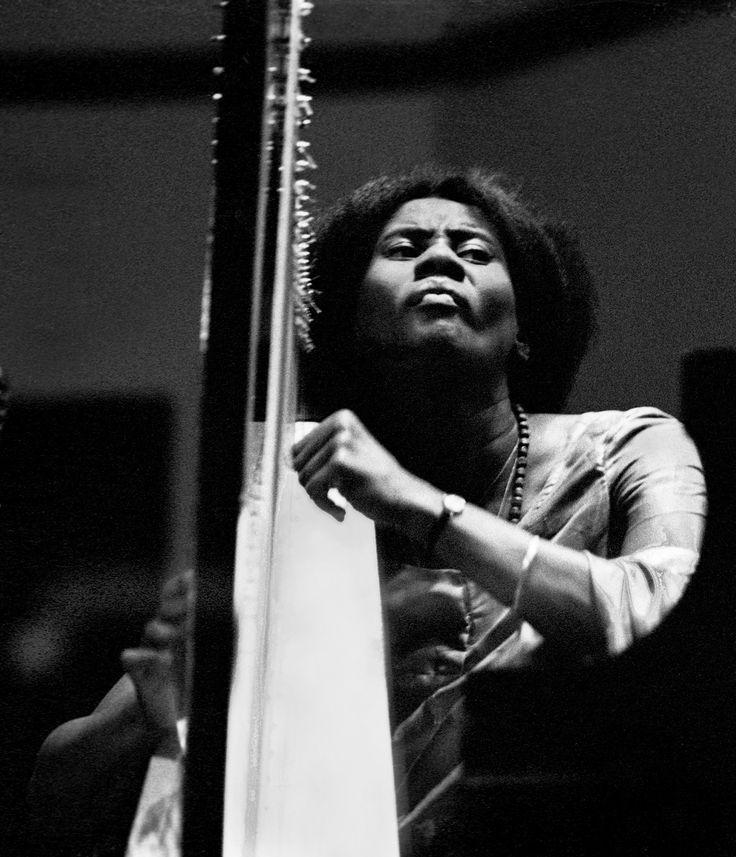
Her first album as a leader, 1968’s A Monastic Trio, featured her husband’s protean late-career tandem of bassist Jimmy Garrison and drummer Rashied Ali. Over the next decade Alice Coltrane made a dozen albums for Impulse! and Warner Bros., increasingly influential recordings that served as dispatches from her ongoing spiritual quest. She didn’t stop making music after 1978 — quite the contrary — but instead of releasing albums for public consumption, she concentrated on composing and performing devotional music for the Vedantic Center in Agora Hills that she founded and led. (Coltrane, who then went by Turiyasangitananda or Turiya, died in 2007 at the age of 69.)
Largely unheard by outsiders during her life, that music circulated via cassette tapes among her followers, but last July Impulse! released Kirtan: Turiya Sings, a meditative collection of nine Vedic devotional songs from 1981 featuring Coltrane accompanying herself on organ. While deeply interrelated, the music John and Alice Coltrane made during their lives existed in different time frames, at least until now.
Ravi Coltrane, the second of their three children together, is in the midst of summoning a wondrous family reunion with his new band, which made its West Coast debut with a four-night run at the SFJAZZ Center last week. (Sunday night’s show was canceled due to Coltrane testing positive for COVID.)
Opening on Thursday, his “Cosmic Music” quintet alternated between his parents, offering an intoxicating case that whether based on bebop’s most intricate harmonic structures, distilled modes, or incantatory Kirtan melodies, the music his parents created bends toward transcendence.
His new band features guitarist David Gilmore and bassist Lonnie Plaxico, esteemed players who’ve been recording since the 1980s, and two rising powerhouses in 25-year-old Israeli-born pianist/keyboardist Gadi Lehavi and 23-year-old drummer Elé Howell, the son of veteran Bay Area saxophonist Richard Howell. With Lehavi situated at far stage right and Howell seated behind an augmented drum kit at stage left, Thursday’s performance ebbed and flowed along the axis of energy crackling between the two poles.
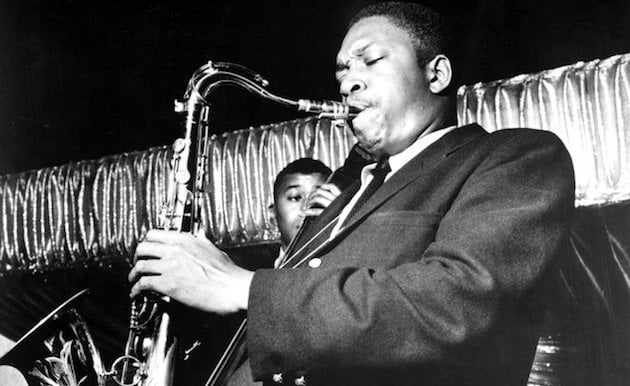
John Coltrane’s “Expression,” the meditative title track of the 1967 album released two months after his death from liver cancer at the age of 40, served as an opening benediction. With Plaxico playing an arco drone and Lehavi’s string-of-pearl right-hand runs, Ravi joined the delicate lattice on his soft-edged tenor sax as the spacious, slowly coalescing melody felt like a view from the Hubble Telescope coming into focus. He switched to bright-toned soprano sax on “Spiral,” a rarely played obstacle course of a tune from Trane’s first Atlantic album Giant Steps, gradually building to a fearsome climax over Howell’s deeply funky groove.
Ravi was back on tenor and Howell switched to mallets on Alice Coltrane’s gorgeous folk ballad “Jagadishwar,” the concert’s most concise and concentrated moment of beauty. On John Coltrane’s famously intricate harmonic cycle “Countdown,” Gilmore and Ravi sat out for a long trio section that built to thunderous intensity. The audience responded with a mid-tune jump-from-your-seat standing ovation, something I haven’t seen in quite a few years.
Howell’s command of the kit was awe inspiring, but no surprise to anyone who’s witnessed him since high school bringing the same volcanic energy to his father’s band Sudden Changes (Richard Howell was in the house, adding another level of family celebration into the evening’s mix). Ravi reveled in Howell’s surging power throughout the set, riding his cresting patterns like a surfer cutting across one of those impossibly towering waves off of Nazaré, Portugal.
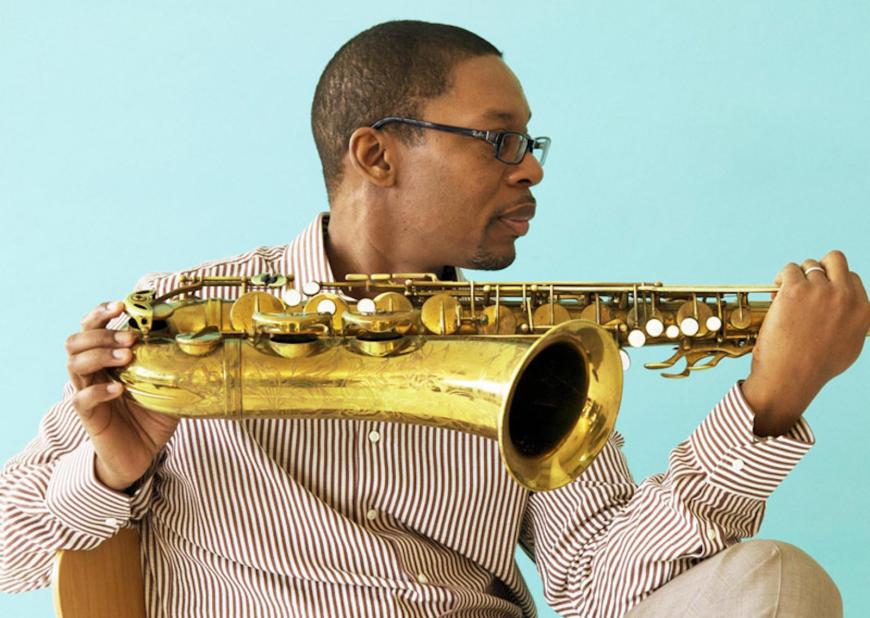
At 56, Ravi is a highly regarded bandleader and composer who long ago established an independent musical identity. Aside from several SFJAZZ Center shows celebrating the 50th anniversary of the John Coltrane masterwork A Love Supreme in 2014 he’s generally avoided playing his parents’ music (though he always welcomed opportunities to perform and record with their colleagues, particularly pianist McCoy Tyner and drummer Elvin Jones). Exploring the breadth of their music now in early autumnal middle age makes perfect sense, but also reflects a jazz zeitgeist that’s conspicuously contending with Alice Coltrane’s consciousness expanding contributions.
The set concluded with “Your Lady,” another rarely played John Coltrane tune that seems to have been documented only once (a studio take on the classic but less-than-precisely titled album Live at Birdland). Amiri Baraka (then writing as LeRoi Jones) describes the piece in the liner notes as the album’s “sweetest song … pure song, say, as an accompaniment for some very elegant uptown song and dance man,” and Howell and Plaxico’s bounce did feel tied to dance in a fundamental sense.
For an encore, Ravi switched horns again, pulling out the keening sopranino sax for his mother’s “Los Caballos,” a tune from her 1976 album Eternity. The galloping groove ascended and ascended. While cosmic in scope, this was a family gathering that reaffirmed and strengthened generational bonds.


